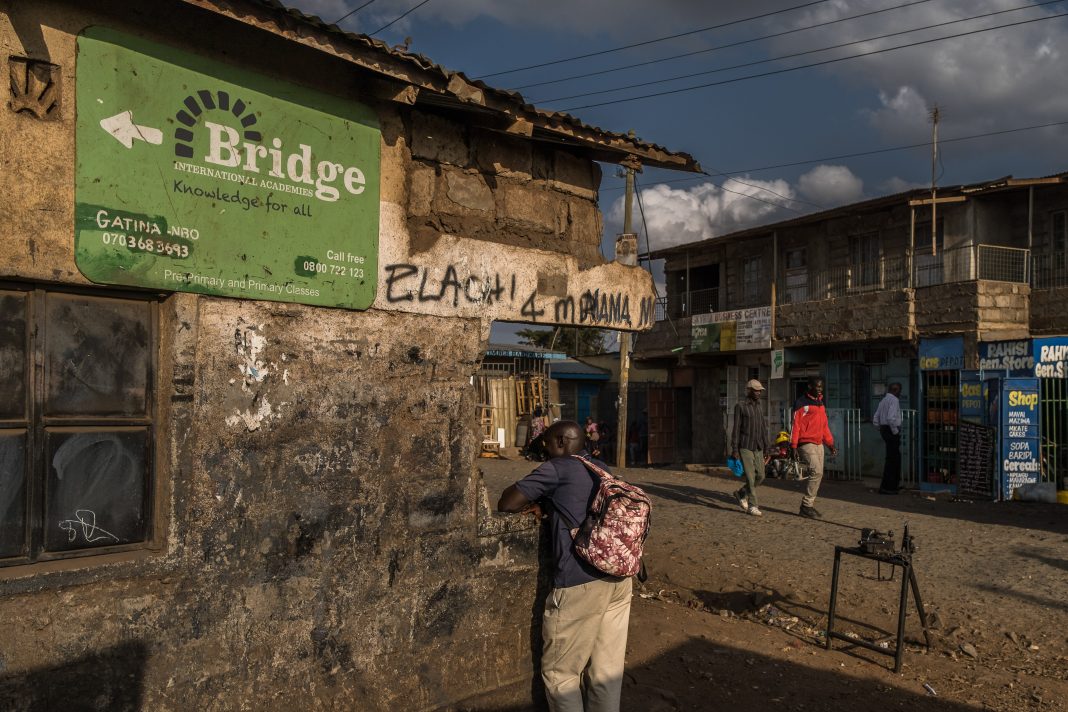Introduction:
The World Bank’s private investment arm, the International Finance Corporation (IFC), is facing criticism for refusing to directly compensate individuals who suffered sexual, physical, and financial harms at schools funded by the organization in Africa and India. Despite pressure from civil society advocates, U.S. senators, and an internal watchdog, the IFC has declined to provide compensation to those affected. This article explores the IFC’s response to the allegations and the calls for direct compensation.
Failure to Act:
The Compliance Advisor Ombudsman (CAO), an internal watchdog, conducted an investigation into the IFC’s $13.5 million investment in Bridge International Academies, a chain of schools in Kenya. The investigation found failures in school safety and labor practices, leading to harm suffered by individuals. The CAO recommended that the IFC work with Bridge to establish processes for compensating the affected individuals. However, the IFC’s proposal does not include direct compensation, according to sources familiar with the case.
Repeating Mistakes:
This is not the first time the IFC has faced criticism for its response to harm caused by its investments. In a separate investigation involving sexual abuse at a Bridge school in Kenya, the IFC rejected a recommendation for direct payments as a remedy for harm. Instead, it agreed to fund a program that provides support services on a case-by-case basis. Civil society groups and experts argue that direct compensation is necessary to acknowledge the suffering of survivors and give them autonomy in their healing process.
Inadequate Response:
Civil society groups are outraged by what they perceive as the IFC’s inadequate response to the CAO’s findings. They argue that the IFC knew about the problems but failed to take appropriate action. Angelo Gavrielatos, campaign manager at the nonprofit Education International, criticizes the IFC’s behavior as reckless and complicit. He emphasizes the need for a remedy and compensation for those who have been harmed.
Precedent for Compensation:
Experts point to global precedent for providing compensation to survivors of abuse, including sexual abuse. A task force at the World Bank Group itself endorsed this approach in a 2017 report. The IFC claims it has never provided no-fault compensation for survivors of sexual abuse on any project it supports. However, civil society groups argue that direct financial compensation is necessary to acknowledge the harm caused and support survivors in their recovery.
Minimal Recourse:
The IFC’s resistance to providing direct compensation is not limited to the Bridge case. In another investigation into child sexual abuse at Bridge schools, the IFC’s proposed action plan did not include provisions for direct compensation. Instead, it proposed a “collective response” that supports programs for survivors of child sexual abuse in Kenya, regardless of whether the abuse occurred at a Bridge location. Civil society groups argue that this approach leaves only a narrow window for survivors to receive funds.
Pushing for Compensation:
Civil society groups and 11 members of the World Bank Group board have urged the IFC to include direct financial support or compensation in its action plan. Sens. Elizabeth Warren and Peter Welch have also raised concerns about the IFC’s response to the allegations. Despite these calls, the IFC’s final action plan did not include direct compensation. However, the IFC has stated that it will consult with survivors and stakeholders to determine specific ways of offering financial support, which could potentially include direct payments.
World Bank President’s Response:
World Bank President Ajay Banga has expressed regrets about the IFC’s failure to monitor the Bridge investment. He referred to Bridge as a stain on the World Bank’s reputation and emphasized the need for investigation and collective efforts to fix the institution’s shortcomings. However, he did not mention direct payments for harm as a possible remedy.
Seeking Justice:
Survivors of sexual abuse at Bridge schools, including Emily, have been fighting for justice and compensation. Emily, who experienced sexual assault at a Bridge school as a child, has been advocating for herself and other survivors. She emphasizes the importance of acknowledging the harm and providing compensation. Despite the challenges she faces, Emily remains determined to continue fighting for justice in honor of her late father.
Conclusion:
The IFC’s refusal to provide direct compensation to individuals harmed at schools it funded has sparked outrage among civil society groups and advocates. The calls for compensation are based on the need to acknowledge the suffering of survivors and give them autonomy in their healing process. While the IFC’s proposed action plans do not include direct payments, there is hope that ongoing consultations with survivors and stakeholders may lead to changes in the future. The case highlights the importance of accountability and proper oversight in development projects to prevent harm and ensure justice for those affected.


